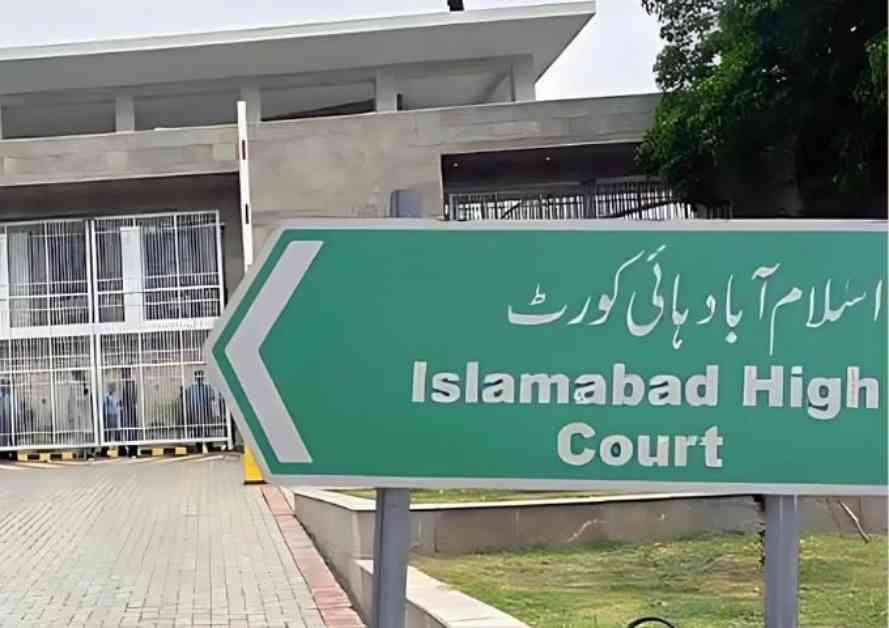In a recent reshuffling of the Islamabad High Court (IHC) judges, the federal government has transferred three judges from various high courts, a move that has raised concerns and sparked debates about the judiciary’s independence and the impact on high-profile cases, especially those involving Pakistan Tehreek-e-Insaf (PTI) and its leader, Imran Khan. The announcement, made through a notification by the law ministry, detailed the transfer of Justice Sardar Muhammad Sarfraz Dogar from Lahore High Court to IHC, Justice Khadim Hussain Soomro from Sindh High Court to IHC, and Justice Muhammad Asif from Balochistan High Court to IHC.
Reactions to the reshuffling have been mixed, with some questioning the determination of judges’ seniority in the IHC. Five IHC judges expressed concerns about the transferred judges needing to take a fresh oath under Article 194 of the Constitution to serve in a new high court. However, the government and IHC Chief Justice Aamer Farooq are unlikely to accept this interpretation, setting the stage for potential conflicts and legal disputes.
The tension between the judiciary and the establishment has been escalating, especially after IHC judges sought guidance from the Supreme Judicial Council (SJC) on alleged interference by intelligence agencies in judicial matters. The judiciary’s independence and integrity have been questioned, with PTI chief Imran Khan filing a complaint against IHC CJ Aamer Farooq, accusing him of turning a blind eye to external influences on the court’s proceedings.
Legal experts and observers have drawn parallels between the current situation and historic events, likening the government’s actions to the concept of “court-packing” seen in other countries. The concerns raised about the erosion of judicial independence and the executive’s influence over the judiciary have sparked widespread condemnation from legal associations and the public.
Challenges and Consequences
As the debate over the reshuffling of IHC judges continues, legal experts and advocates are warning of dire consequences if the situation is not addressed promptly. The impact of these transfers on the judiciary’s integrity and the delivery of justice in high-profile cases has raised concerns about the future of the legal system in Pakistan. The potential for further escalation of conflicts between the government and the judiciary poses a significant challenge to upholding the rule of law and protecting judicial independence.
Legal Experts’ Perspectives
Legal analysts and experts have weighed in on the implications of the recent judicial reshuffling, emphasizing the need for transparency, accountability, and adherence to constitutional principles. The concerns about the government’s influence over judicial appointments and the potential consequences for the legal system have underscored the importance of maintaining the judiciary’s autonomy and integrity. As debates around judges’ seniority, transfers, and appointments unfold, legal experts are calling for a careful review of the constitutional provisions and rules governing the judiciary to ensure that the principles of justice and fairness are upheld.
As the situation unfolds and tensions between the government and the judiciary persist, the fate of the IHC and the broader legal system in Pakistan hangs in the balance. The decisions made in the coming days and weeks will have far-reaching implications for the rule of law, judicial independence, and the protection of fundamental rights in the country. In the midst of uncertainty and controversy, the need for a robust and independent judiciary that upholds the principles of justice and fairness has never been more critical.









